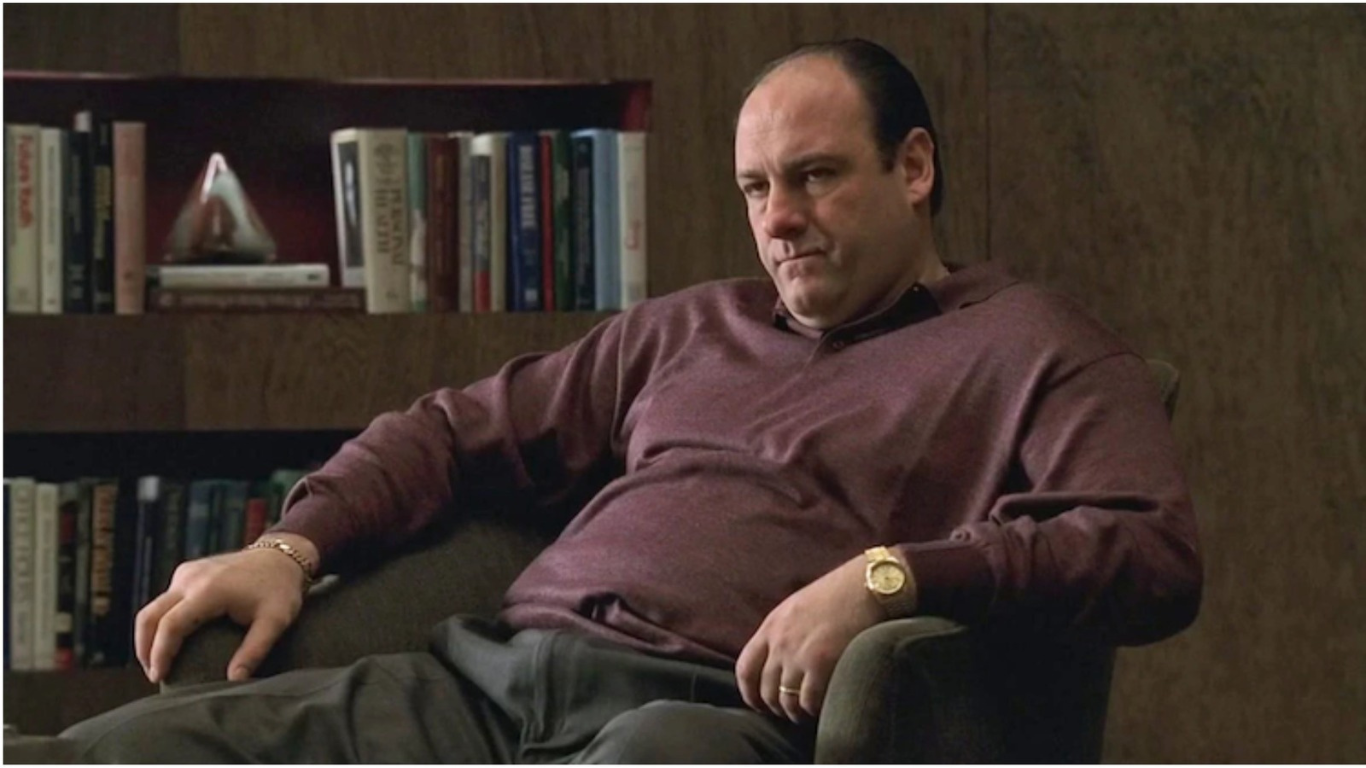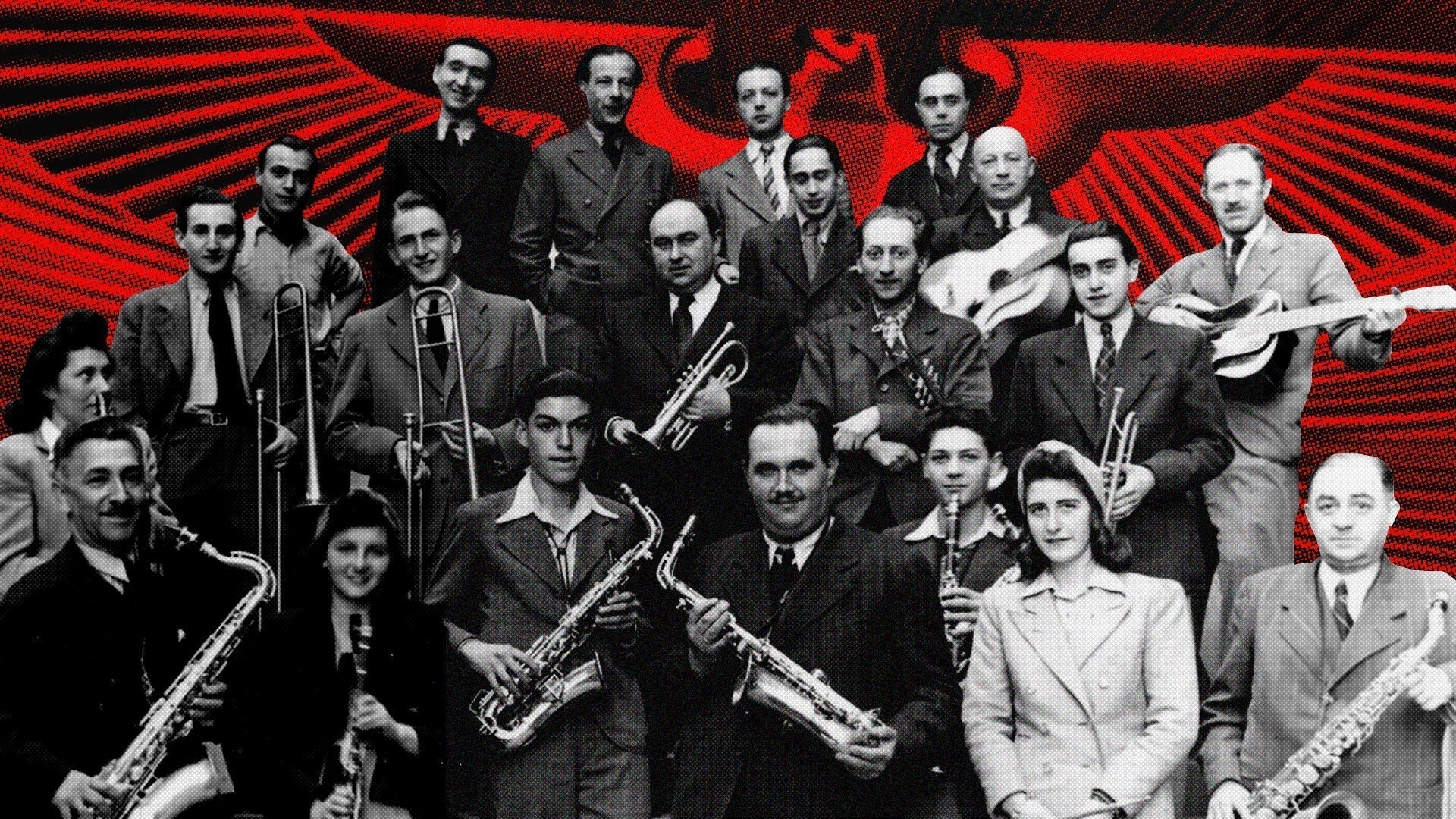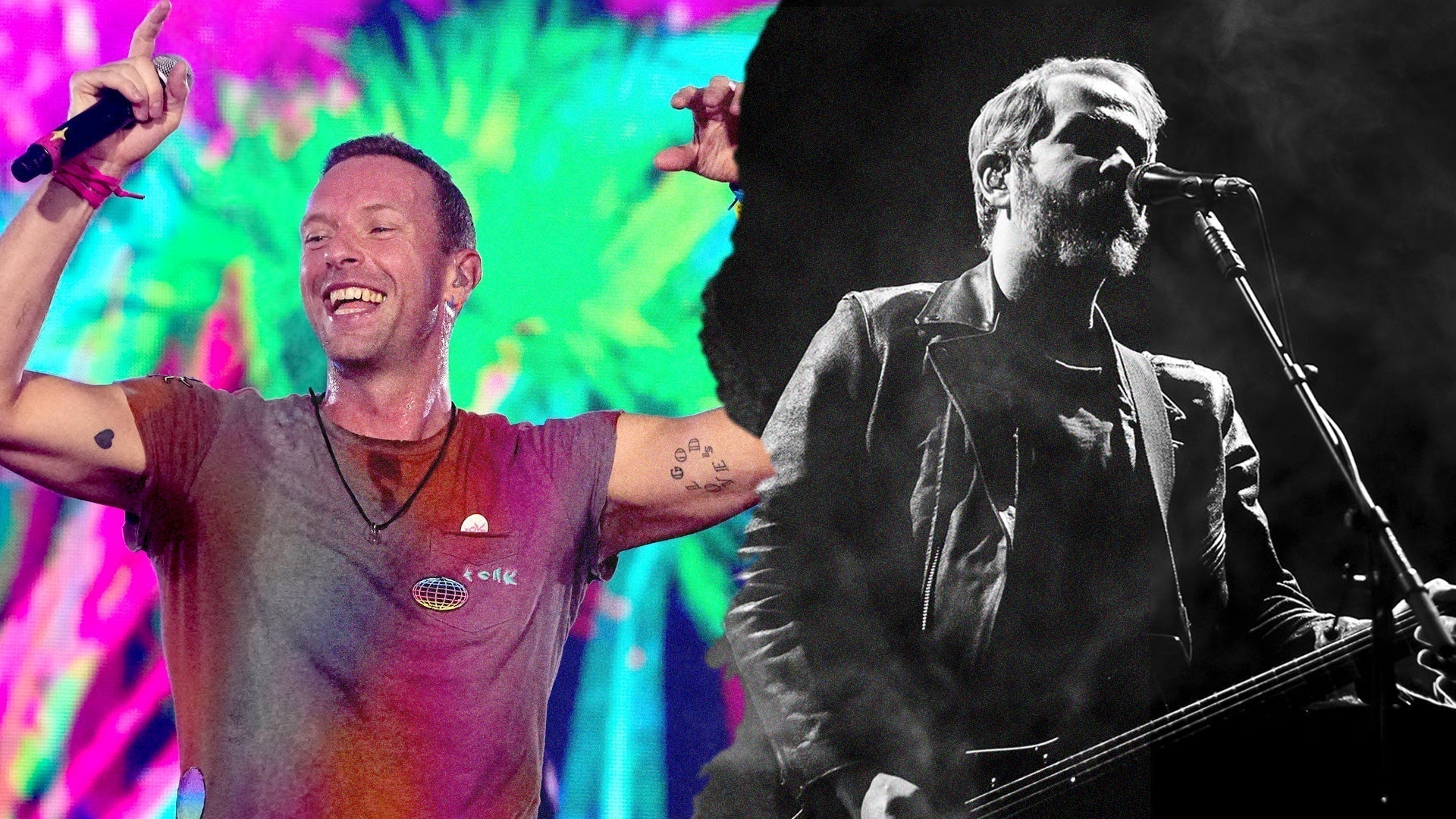The Sopranos Fades To Black: Closure or Cliffhanger? Did Tony Soprano die at the end of The Sopranos
·

·
In the vast universe of the incredibly celebrated The Sopranos, Tony Soprano is a man riddled with constant paranoia and anxiety.
Death always seemed to be waiting on the street corners for friends, relatives, and strangers - be it by his hand or another’s; something Tony, in this guttural reality he exists in, has been acutely aware of.
The tensions were rising with the Lupertazzi family: his friends and confidants were being picked off-screen or whisked away slowly into comas, and Tony could more or less tell what would happen soon.
The question that’s haunted everybody since the beginning of this millennium: does Tony die in the last episode when the screen suddenly cuts to black?
Never had a finale been discussed as much as this ambiguous head-scratcher.
In 2018, director David Chase referred to the finale in an interview with television bloggers Matt Zoller Seitz and Alan Sepinwall rather flippantly as the “Death Scene.
He then explains how he had one where Tony ends up having a straight death scene wherein he dies during some meeting in New York.
But what is the takeaway from this controversial series finale? How do we support Chase’s statements through the show itself?
Long-time viewers will remember Bobby’s take on dying in “The Sopranos” world in “The Blue Comet”: “You probably don’t even hear it when it happens.”
That hammers home the viewer; maybe it all turns into a “never hear it happen” concept, like how Tony’s mother said to AJ, “All a big nothing.”
Chase wanted to avoid the clichéd, predictable gangster ending because he found the fans’ ironic desire for Tony’s death, despite cheering his violent actions, to be repulsive.
Thus a clear takeaway can be that the black screen is Tony’s POV (or lack thereof).
Ultimately, whether you believe Tony dies at the end or buy into other internet theories like the viewer getting whacked, Chase created something that sparks great debate. In a sense, Tony’s fate doesn’t matter; his life of constant evasion is its own purgatory, and he ignored his own advice to “focus on the good times,” which Chase has often said is the show’s overarching message.
Death always seemed to be waiting on the street corners for friends, relatives, and strangers - be it by his hand or another’s; something Tony, in this guttural reality he exists in, has been acutely aware of.
The tensions were rising with the Lupertazzi family: his friends and confidants were being picked off-screen or whisked away slowly into comas, and Tony could more or less tell what would happen soon.
The question that’s haunted everybody since the beginning of this millennium: does Tony die in the last episode when the screen suddenly cuts to black?
Never had a finale been discussed as much as this ambiguous head-scratcher.
In 2018, director David Chase referred to the finale in an interview with television bloggers Matt Zoller Seitz and Alan Sepinwall rather flippantly as the “Death Scene.
He then explains how he had one where Tony ends up having a straight death scene wherein he dies during some meeting in New York.
But what is the takeaway from this controversial series finale? How do we support Chase’s statements through the show itself?
Long-time viewers will remember Bobby’s take on dying in “The Sopranos” world in “The Blue Comet”: “You probably don’t even hear it when it happens.”
That hammers home the viewer; maybe it all turns into a “never hear it happen” concept, like how Tony’s mother said to AJ, “All a big nothing.”
Chase wanted to avoid the clichéd, predictable gangster ending because he found the fans’ ironic desire for Tony’s death, despite cheering his violent actions, to be repulsive.
Thus a clear takeaway can be that the black screen is Tony’s POV (or lack thereof).
Ultimately, whether you believe Tony dies at the end or buy into other internet theories like the viewer getting whacked, Chase created something that sparks great debate. In a sense, Tony’s fate doesn’t matter; his life of constant evasion is its own purgatory, and he ignored his own advice to “focus on the good times,” which Chase has often said is the show’s overarching message.






Comments